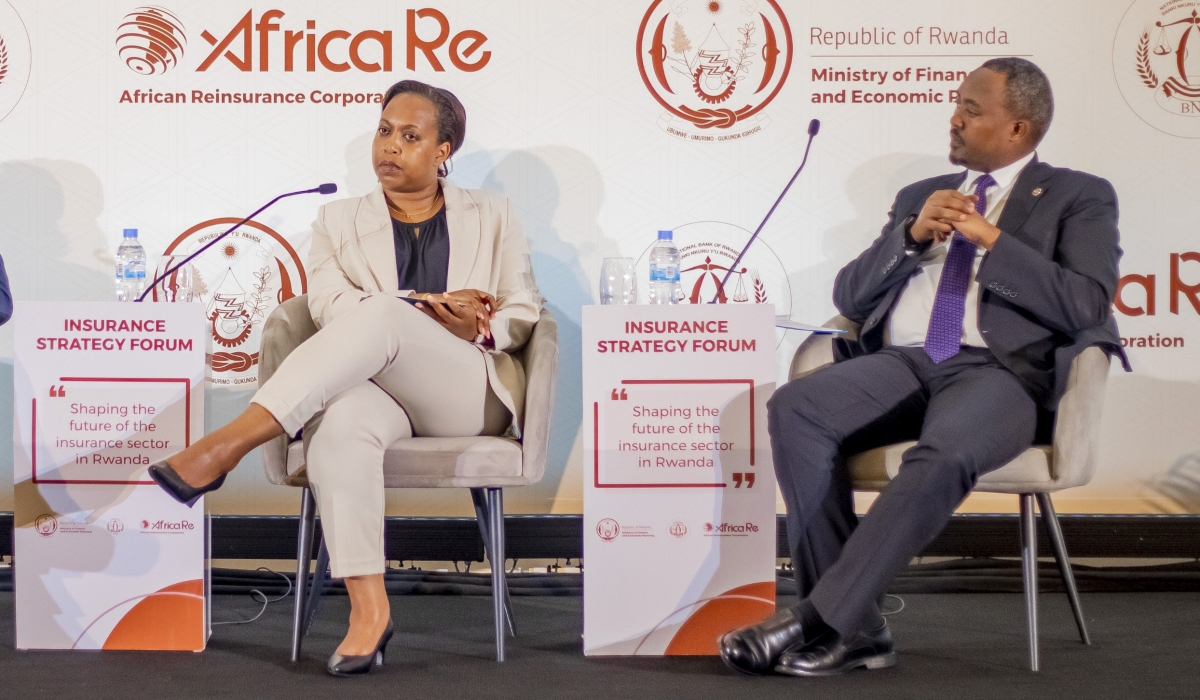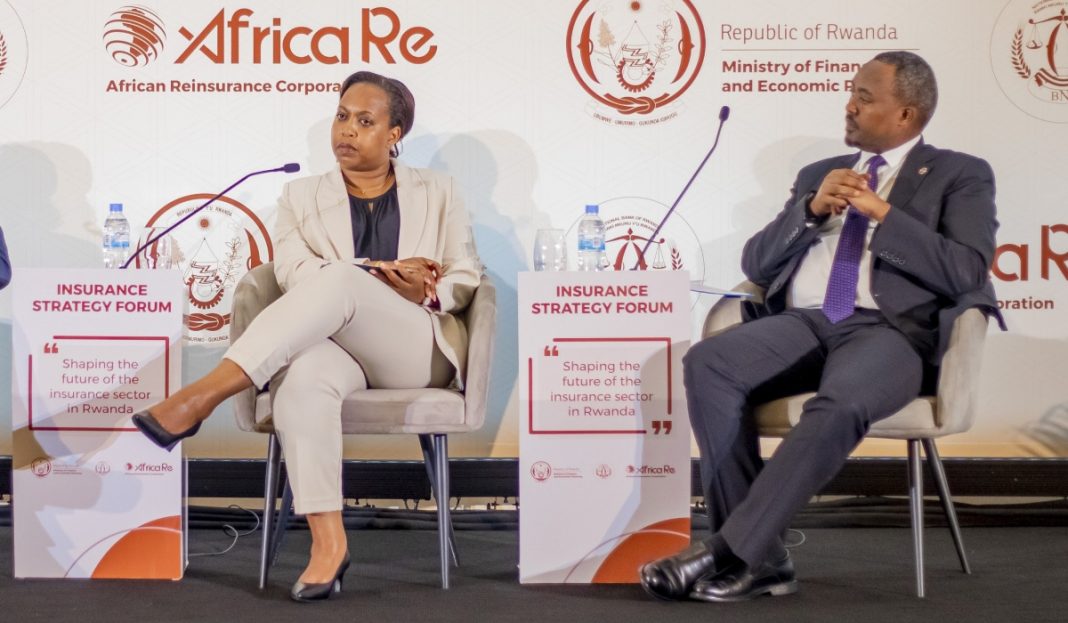Rwanda’s insurance sector has witnessed significant growth, with total assets reaching Rwf 1,031.3 billion by June 2024, marking a 17.6% increase compared to the same period in 2023. However, despite this impressive growth, insurance penetration remains stubbornly low at 2.1%, significantly trailing the global average of 7%. This disparity highlights the vast untapped potential within the industry, which experts believe can only be unlocked by addressing key challenges limiting uptake.
Growth Amidst Challenges
The increased assets in the sector are attributed to higher investment returns and improved underwriting performance. However, the industry struggles to penetrate the broader population, leaving many Rwandans uninsured. The National Bank of Rwanda (BNR), in collaboration with insurers, is actively working on a national insurance strategy aimed at boosting adoption, but obstacles such as technological underdevelopment, mistrust in data sharing, and ineffective pricing models persist.
Barriers to Adoption
Digital Transformation Lags Behind
John Rwangombwa, Governor of the National Bank of Rwanda, pointed out that the insurance sector remains underdeveloped compared to other financial services. He emphasized the need for digital innovation in delivering insurance services, noting that creative digital solutions could help address emerging risks and meet diverse customer needs. Rwangombwa also highlighted the importance of data protection and privacy strategies in supporting this shift.
Samuel Tayengwa, CEO of Transunion Rwanda, echoed this sentiment, stating that insurance is not a product people actively seek out, but one that must be marketed effectively. He called for insurers to leverage technology to reach younger, tech-savvy populations, emphasizing that insurers must be proactive in making their products visible and accessible.
Mistrust in Data Sharing
One of the biggest hurdles the sector faces is a reluctance to share data, which hampers informed decision-making. Tayengwa noted that better data sharing among insurers could help mitigate risks such as over-indebtedness, adding that insurers need to invest in building skills around data analysis and utilization.
The Role of Risk-Based Premium Models
Tayengwa also stressed the need for a more nuanced, risk-based premium model, where insurance costs reflect actual usage patterns. For instance, the current pricing structure charges the same premium for a car parked all day as for one driven over long distances. He argued that more pragmatic pricing would make insurance more affordable, potentially increasing its uptake. Andrew Kulayige, Chairperson of the Rwanda Association of Insurers (ASSAR), acknowledged ongoing efforts in this area but noted that progress has been slow.
Sustainability and Climate Adaptation
Climate change presents another critical challenge for the insurance sector. Recent floods in the Western Province, which cost the government around $300 million in disaster recovery, underscored the need for insurers to play a more active role in providing financial protection against environmental risks.
Kampeta Sayizongwa, CEO of the Development Bank of Rwanda (BRD), urged insurers to integrate Environmental, Social, and Governance (ESG) principles into their business strategies. She argued that advising clients on mitigating climate risks would not only protect them but also reduce the likelihood of costly payouts for insurers.
Research and Tailored Products
Sammy Makove, CEO of the Insurance Regulatory Authority (IRA) in Kenya, emphasized the need for research-driven product innovation. He recommended that Rwanda’s insurers conduct market research to better understand consumer behavior and tailor products to meet the specific needs of different market segments. Moreover, he suggested that increasing public awareness and breaking cultural barriers would be critical in fostering greater insurance adoption.
Rwanda’s insurance sector stands at a crossroads. While growth in assets is a promising sign, the low penetration rate indicates a need for significant reforms. With a national insurance strategy in the works, stakeholders are optimistic that addressing issues such as digitization, data sharing, pricing models, and climate risk adaptation could unlock the sector’s full potential, bringing more Rwandans into the insurance fold.
As the sector evolves, it will be crucial for insurers to innovate and adapt to meet the needs of an increasingly diverse and tech-savvy population. Through collaboration and a focus on customer-centric solutions, Rwanda’s insurance sector could rise to become a key pillar in the nation’s financial ecosystem.



